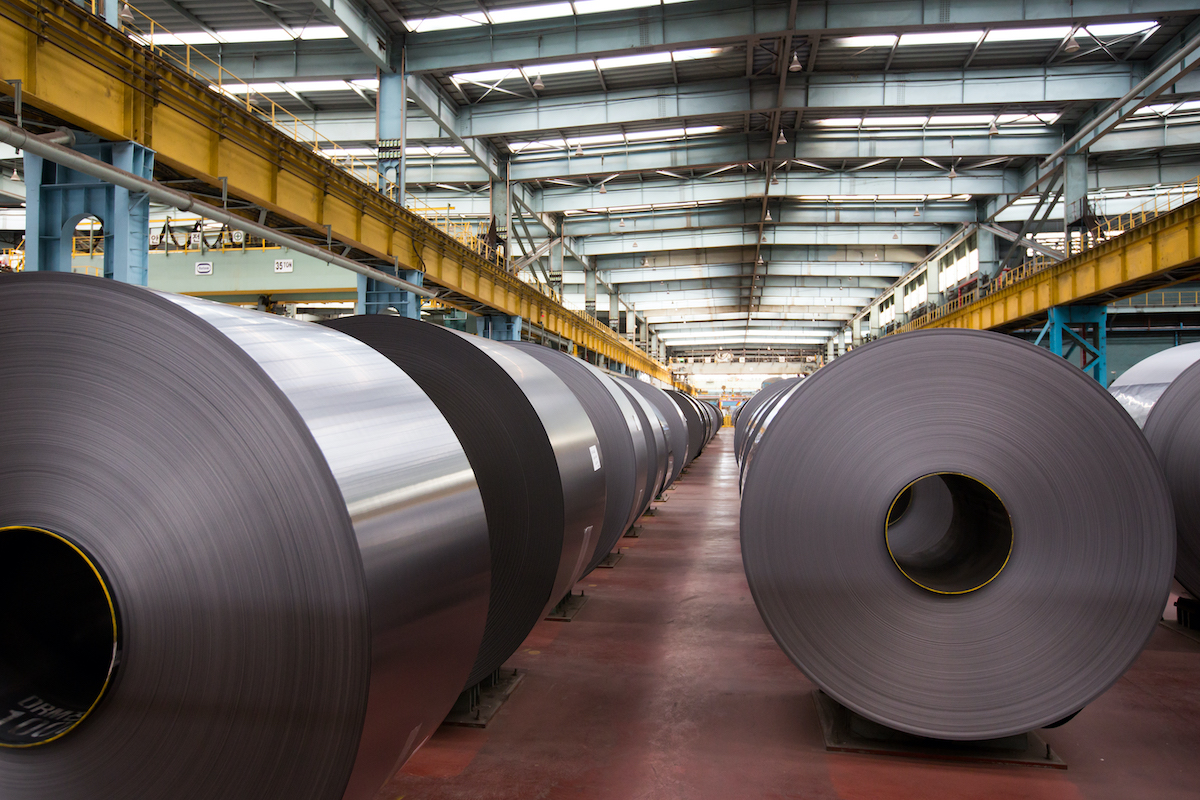Stakeholders, analysts and other observers of the metals industry are expressing mixed reactions following a trade deal reached Oct. 30 that will see the US remove its steel and aluminum tariffs on imports from the EU and replace them with quotas.
Dave Townsend, an attorney at Dorsey & Whitney, said the agreement more closely positions the US and EU as trade allies as the two sides seek to collaborate in addressing trade issues with China. Still, it will take time to fully assess how the new arrangement will impact producers and importers, he added.
“It remains to be seen how much tariff relief this arrangement provides because it will be implemented in a tariff-rate quota system based on historical import volumes, similar to that in place for certain other countries,” Townsend said in a statement to S&P Global Platts Nov. 1. “Certainly, some importers will obtain tariff relief in this agreement, but it’s not clear how broadly that relief will be.”
Analysts with Jefferies said the implementation of a tariff-rate quota was expected, and the outcome is viewed “as a net positive for Euro carbon steel prices,” according to a research note Oct. 31.
The Coalition of American Metal Manufacturers and Users, which represents metal-consuming manufacturers, said the end of the tariffs on the EU will support many sectors of the US industry that are subject to some of the highest metal prices in the world.
However, the use of quotas presents new concerns that still pose risks to manufacturers, CAMMU added.
“It is disappointing that the agreement will not completely terminate these unnecessary trade restrictions on our allies,” CAMMU said in a statement Oct. 31. “CAMMU is concerned that replacing the tariffs with a tariff-rate quota will hurt its members because the threat of tariff reinstatement looms with the surge in steel and aluminum demand expected when the bipartisan infrastructure bill passes.”
United Steelworkers International President Tom Conway said the quota would maintain the protection offered by the previous tariffs to the benefit of workers within the US’ metal industries.
“This new arrangement…will create a framework that will ensure US domestic industries remain competitive and able to meet our security and infrastructure needs,” he said in an Oct. 30 statement.
“It will also provide a much-needed opportunity to address the non-market predatory practices of China and other countries that have distorted global markets, while also spurring a dialogue over climate concerns stemming from countries whose industries are far more carbon intensive than those in the US and the EU.”
Tariff removal may continue beyond EU
Following the announcement of the US-EU quota agreement, the US Commerce Department said it was now “consulting closely” with Japan and the UK “on bilateral and multilateral issues related to steel and aluminum, with a focus on the impacts of overcapacity on the global steel and aluminum markets,” according to two statements Oct. 31.
Import tariffs of 25% on steel and 10% on aluminum from most countries were introduced by former President Donald Trump in March 2018 using a national security justification under Section 232 of the Trade Expansion Act of 1962.
The US Chamber of Commerce said the US must continue to reach deals with other governments to remove metal tariffs.
“These tariffs hurt 50 American workers for every one they helped, and we should learn from this experience,” Chamber of Commerce Executive Vice President Myron Brilliant said in a statement Oct. 30.
“Meanwhile, Section 232 tariffs and quotas remain in place on imports from many other countries. The US should drop the unfounded charge that metal imports from the UK, Japan, South Korea and other close allies represent a threat to our national security and drop the tariffs and quotas as well.”
New quota deal avoids retaliation
With the replacement of the metal tariff with a quota system, the EU has now agreed to not levy retaliatory tariffs on US products such as motorcycles, jeans and whiskey.
The Brown–Forman Corporation, which owns several US brands in the alcohol and beverage markets, welcomed the news of the US-EU agreement and its beneficial impact to industries subject to retaliation.
“Brown-Forman looks forward to the return of a level playing field and continued international growth for American whiskey,” company CEO Lawson Whiting said in a statement Oct. 31. “We hope a similar outcome can soon be achieved between the U.S. and the UK.”
— Nick Lazzaro






